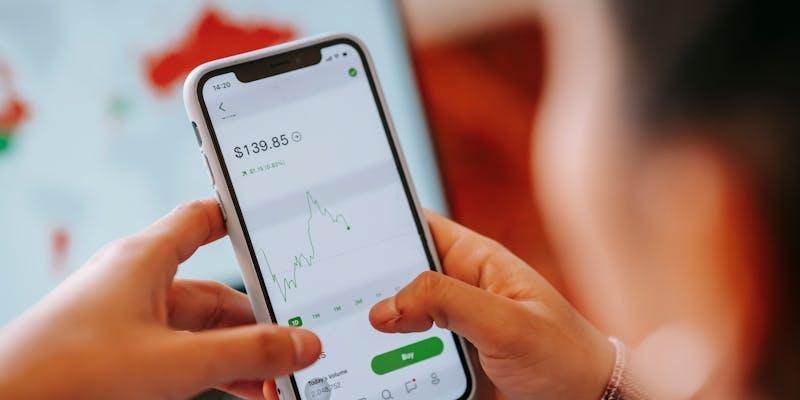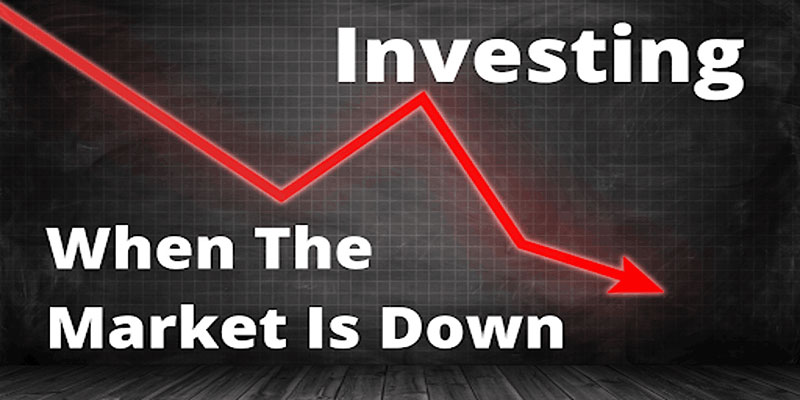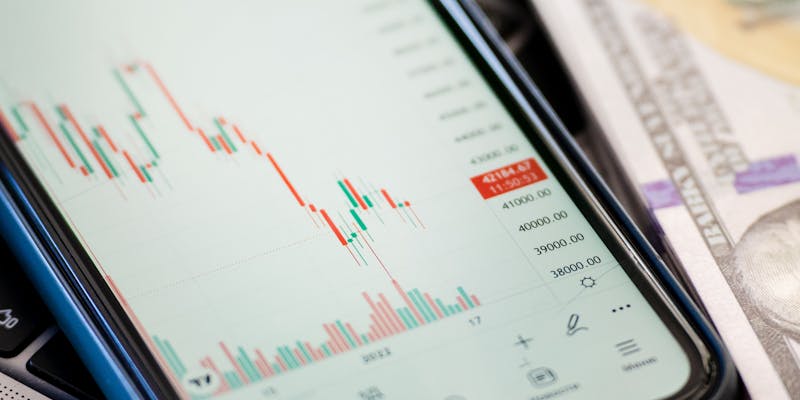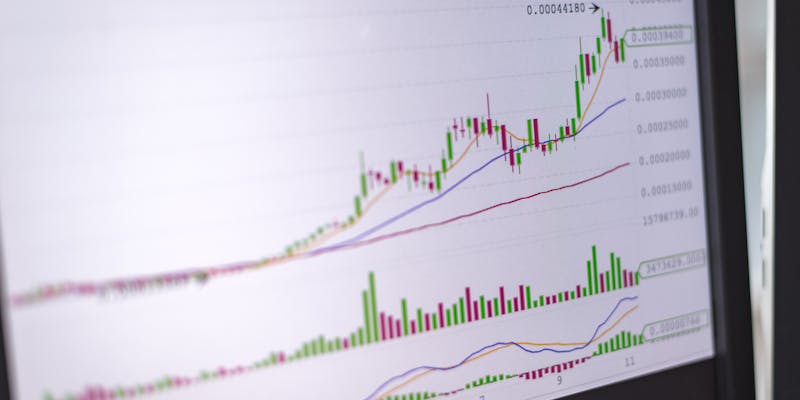Exchanging rates change all the timethat's very obvious. However, even small changes can impact your business. When the value of different currencies changes according to foreign currency regulations, we are usually reminded that exchange rates are more than just numbers on a screen. Changes in the exchange rate can have a big effect on businesses, changing both expenditures and earnings. This article discusses how changes in the exchange rate can affect businesses and how to protect them from those effects.
Why Do Exchange Rates Fluctuate?
Interest rates, inflation, gambling, and instability impact currency rates. Political and economic developments make people distrust a currency, causing currency shifts that trigger foreign currency intervention. Additionally, the pound Sterling was once one of the world's greatest currencies, but Brexit and its troubles caused many to lose trust in the nation and its currency.
Inflation rates matter when fixing currency rates, too. Inflation rate gaps exist across nations, and they may strongly influence which currency is stronger. Moreover, the market is continually changing, so currencies will alter for unknown causes.
How Can Exchange Rate Fluctuations Affect Your Business?

Cost of Goods and Services
Foreign currency express rates directly affect businesses through the prices of goods and services. If your company needs to buy things from other countries, changes in exchange rates can make them more expensive.
Things cost more to buy when the currency of the country that sells them becomes stronger than your own. A stronger euro, according to the foreign currency regulation team, means that it will cost you more pounds to buy the same amount of goods. If, on the other hand, your currency gets stronger, people in different countries may have to pay more for your goods. This could make you less competitive in those markets.
Profit Margins
If a lot of your business comes from foreign markets, changes in the exchange rate can also affect your sales and income. When you exchange foreign currency payments, a weaker currency may yield less in your currency. Suppose you sell products in Japan, and the yen falls against the dollar. Then, your dollar revenue will drop.
Businesses may need to change prices, renegotiate contracts, or decrease expenses to stay profitable. However, these modifications may be difficult and may only sometimes offset negative exchange rate swings.
Competitiveness in Global Markets
Exchange rates in accordance with foreign currency regulations can make it harder for you to compete in the world market. Their actions affect how prices are set, decisions about joining new markets, and competition in general.
Businesses must always keep an eye on the exchange rate to set fair prices in other countries. Your goods might be less appealing if your country's currency gets stronger because they will cost more than similar goods made by companies in your own country.
Moreover, if the exchange rate is good during foreign currency intervention, the cost of your first investment will be less, which can make it easy to enter a new market. However, rates that could be better could slow down or even stop growth plans.
Financial Planning
Changes in foreign currency express rates make it harder to plan spending and funds. To avoid financial shocks, businesses need to prepare for how the value of the currency might change. When you use more than one currency, it takes more work to make accurate spending estimates. For businesses to make correct financial predictions, they need to think about the different ways the exchange rate could change.
Many businesses use trading to lower the risk of changes in the exchange rate. Usually, hedges lock in exchange rates and protect against bad currency moves by using forward or future contracts or other financial services.
Value of Overseas Assets
The exchange rate regulated by the foreign currency regulation affects the value of a company's foreign assets and debt. This could harm the business's balance sheet and overall funds. Moreover, if the local currency is weak, investments may be worth more when converted back to the home currency, which could make the company wealthier.
If the local currency gets stronger, on the other hand, your assets may lose value. The exchange rate can also change the value of loans marked in a different currency. When a foreign currency is stronger, it may cost more to pay back loans and other bills.
How To Secure Yourself From Exchange Rate Fluctuations

In a number of ways, people can protect themselves from changes in exchange rates during foreign currency intervention.
Use Fixed Contracts
As a security measure, using set contracts can be useful. These lock in a specific price for your goods or services, protecting them from changes in the value of the dollar. Moreover, using good planning can also help you keep track of the money your business spends and the bills it receives.
Use Reliable Companies
When foreign currency regulations alter the exchange rates, it can hurt your business by creating a bad method for swapping currency and losing money on unnecessary fees. So, find the best deal you can because foreign currency express rates can be very expensive if you don't choose a good company or use an inefficient method, like a bank transfer.
Limit Currencies
Restricting the variety of currencies your company uses is one of the clearest and simplest ways to handle changes in the worth of several currencies. Keeping up with price changes can prevent businesses that use more than two currencies from losing even more money. Moreover, putting a cap on the currencies that can be used will help you keep an eye on the exchange rates and act quickly if the value changes.
Protect Companys Exposure
FX trading is a way to lock in exchange rates for a certain amount of time using options, which makes sure that you can do business without big changes. Such an approach can work really well, especially when the market is very unstable.
Another option is for companies to choose how much of their foreign exchange risk they want to hedge. They can do this partially or fully, but if they fully cover all of their foreign exchange risk in swaps, they will probably make less money.




